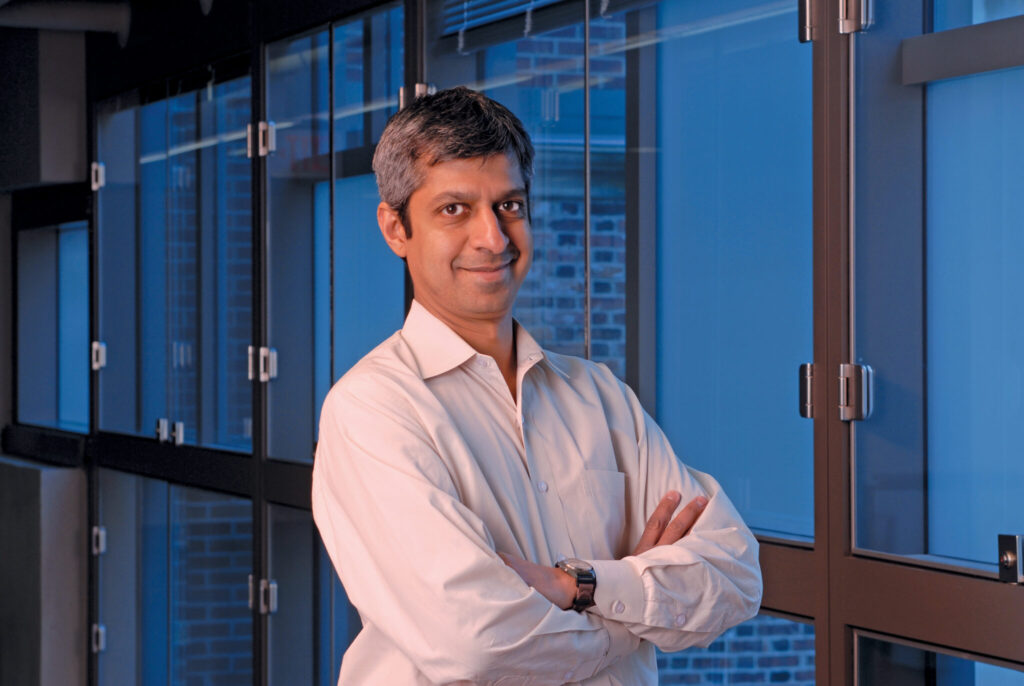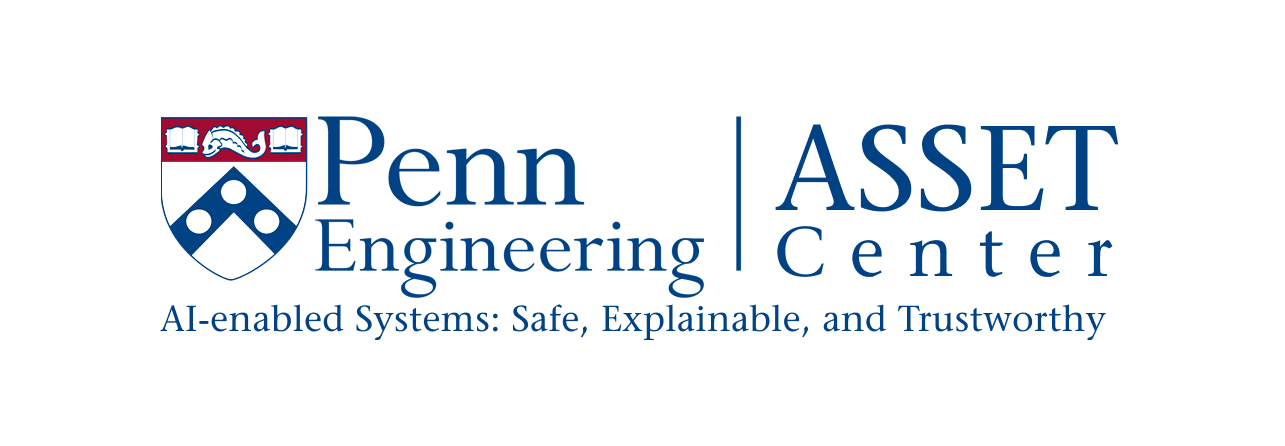Rajeev Alur Receives the 2024 Donald E. Knuth Prize for Outstanding Contributions to the Foundations of Computer Science

Rajeev Alur, Zisman Family Professor in Computer and Information Science (CIS) and the Founding Director of the ASSET Center for safe and trustworthy AI-enabled systems, is the recipient of the 2024 Donald E. Knuth Prize for outstanding contributions to the foundations of computer science. Recognized for his introduction of novel models of computation, which laid the theoretical foundations for analysis, design, synthesis and verification of computer systems, Alur’s work has helped to advance much of the technology that we rely on today.
The Donald E. Knuth Prize recognizes researchers for their significant advancements in the field of foundational computer science over an extended period of time. With a 30-year career dedicated to the field of modeling and computation, Alur has gained over 53,000 citations from published work on applications in control theory, cyber-physical systems, multi-agent systems and program synthesis, making his receipt of this prize well deserved.
“It is a great honor to receive the Knuth Prize,” says Alur. “My research is focused on mathematical abstractions and analysis tools that allow designers to reason about correctness of computer systems. The goal of this thread of research, called ‘formal methods in system design,’ is to make systems more safe and trustworthy. This award is really a recognition of the importance of formal methods to foundations of computer science.”
Alur’s specific contributions to the field include many advancements in tools and systems that allow us to work on and with computers in the ways that we do in our modern world. Technology has advanced in this field exponentially, and we have many research projects led by Alur to thank for that.
Alur’s research on timed automata, mathematical models used to describe systems where the passage of time is critical, has contributed to advancements in applications across embedded systems, network protocols and real-time scheduling. His work on real-time temporal logics, tools for describing and checking how systems should behave over time, has helped to create computer systems that ensure that events occur in the correct sequence and within specific time constraints. Many things we use today, such as automated coffee machines, to things we may be using in the near future, such as self-driving cars, rely on Alur’s foundational work in this field.
Also recognized is Alur’s work on hybrid automata, mathematical models that help us understand and analyze systems where things change smoothly over time and also switch between different states or modes in a more abrupt, discrete manner. His work in hybrid automata has implications for the safety and use of controllers in automotive, medical and avionics systems.
Lastly, Alur’s work in the realm of strategic reasoning for multi-agent systems has also been highlighted in his receipt of the Knuth Prize. Multi-agent systems are those that include many different players in a system with their own objectives and anticipations. While these kinds of systems are studied in the computer science field, business, robotics and negotiations are other spaces where decision making in dynamic interactions is important.
Alur’s great contributions throughout his many decades in the field of computer science is paired with his long-term commitment to leadership, education and mentoring of students at Penn and beyond.
Alur has advised 45 doctoral and postdoctoral students, many of whom have gone on to become leaders and pioneers in the field. He also holds positions as program and/or general chairs of prominent conferences such as CAV, EMSOFT, LICS and POPL, testifying to his commitment to knowledge sharing and mentoring.
“I feel grateful to the wonderful support I have received from everyone in CIS and Penn Engineering over the years, and the collaboration with many talented researchers and students has been incredibly valuable to me,” says Alur. “As AI becomes a key component of the next generation of computer systems, we are faced with new challenges to ensure that society can trust such systems, and that’s what will motivate my research in trustworthy AI going forward.”
Author: Melissa Pappas
Source: Penn Engineering Today
